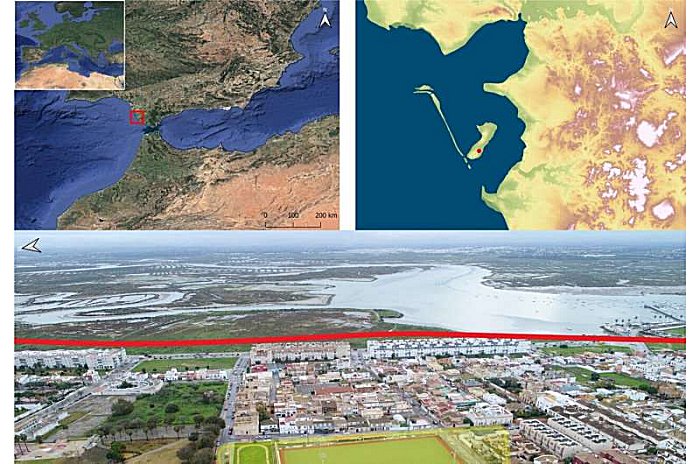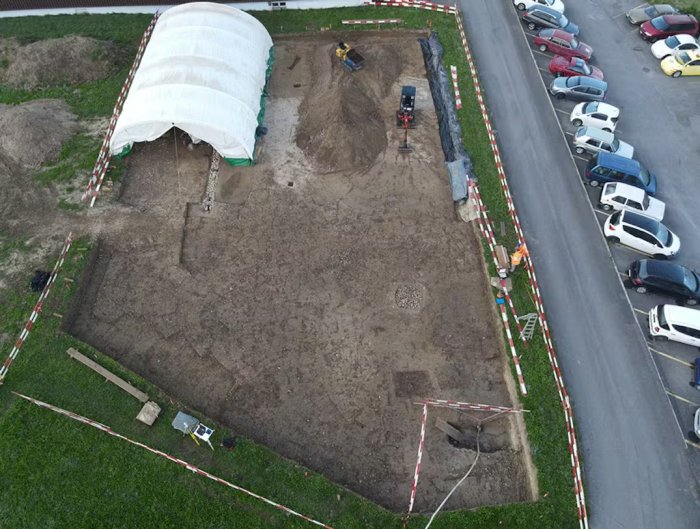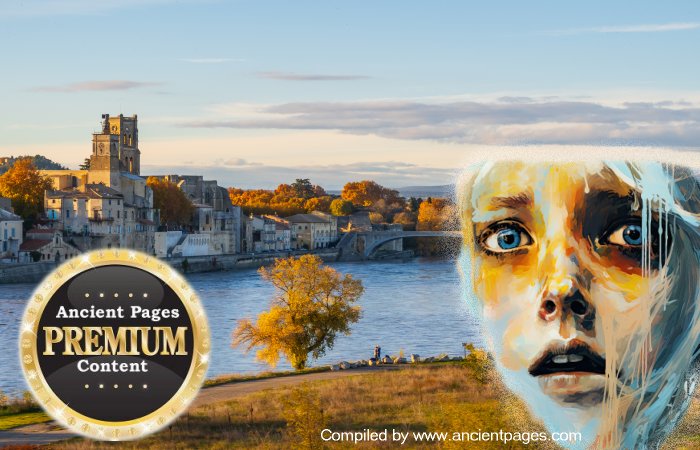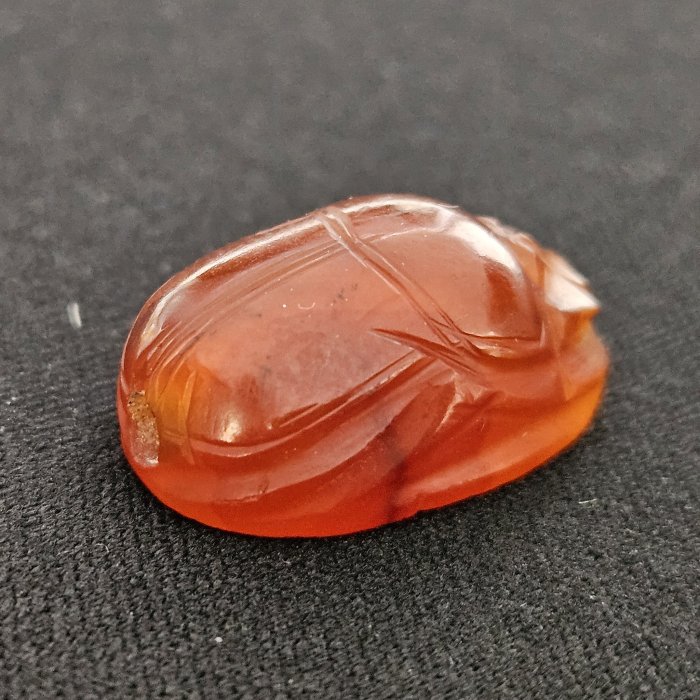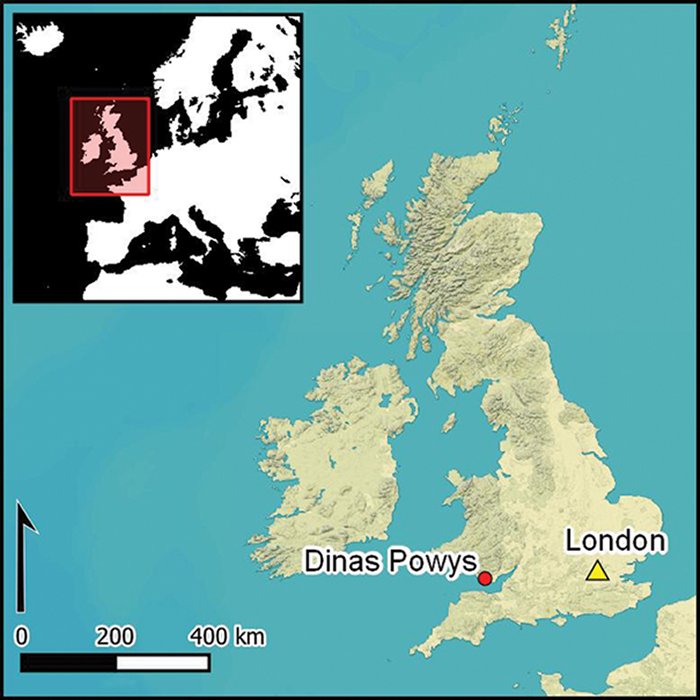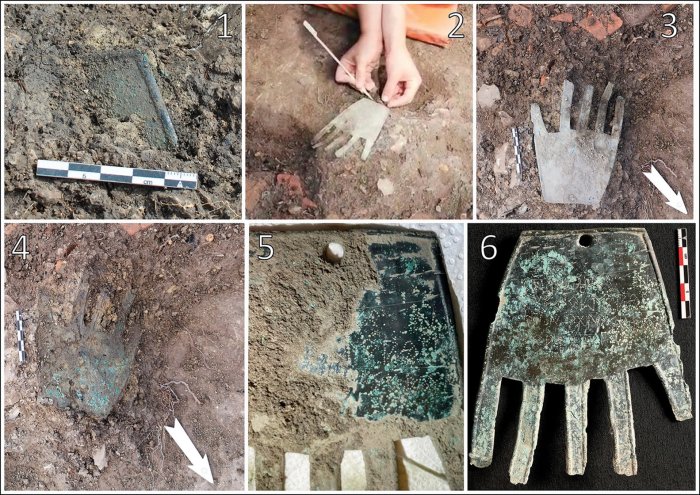Jan Bartek – AncientPages.com – An amateur archaeologist in Romania has discovered a unique ancient Roman parade mask. Roman-era iron masks are rare, making this a unique find. So far, only bronze Roman masks have been discovered in the country.
Using a metal detector, Betej Gabriel unearthed the ancient Roman mask in Albeni, a commune in Gorj County. The iron mask most likely belonged to a Roman soldier stationed there. Archaeologist Gheorghe Calotoiu states that Roman soldiers used such masks in various combat exercises or celebrations. He added that Roman soldiers wore such masks and helmets during the parades in which they participated.
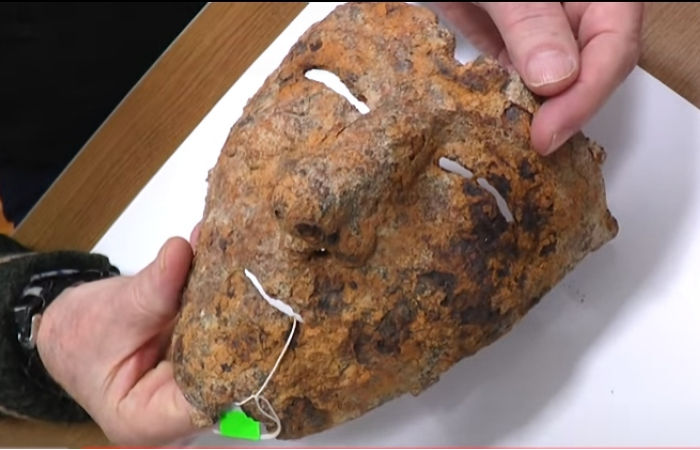
Credit: Gorj County Museum
” It is a Roman ritual mask, which roughly dates back to the 2nd and 3rd centuries after Hirstos,” Dumitru Hortopan, director of the Gorj County Museum, the Romania Posts reports.
In the same area, scientists have previously unearthed a Roman helmet, weapons, coins, pottery, and vessels of a different kind. There is solid evidence of ancient Roman presence here. The finds were made not far from the Roman fort at Bumbești-Jiu, where an inscription dedicated to the Roman emperor Caracalla was discovered.
Systematic archaeological research carried out in 2002 inside the castle led to the discovery of an imperial Roman treasure consisting of 92 silver coins, covering a period of almost 50 years.
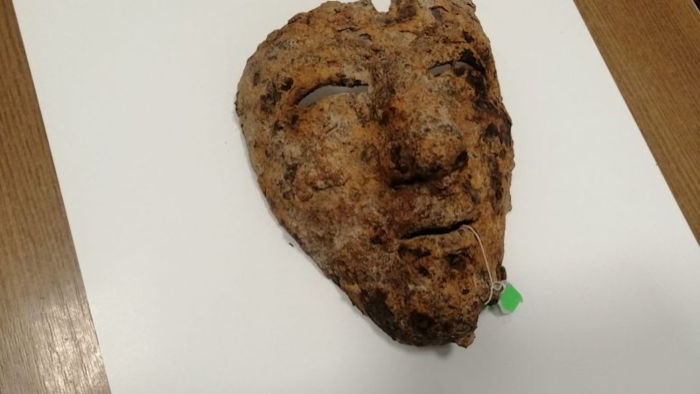
Credit: Gorj County Museum
The mask from Albeni is now at the Gorj County Museum but will be sent to the “Vasile Pârvan” Insтιтute of Archeology in Bucharest to be restored. After the restoration, the unique object will be displayed at the museum in Târgu Jiu.
Written by Jan Bartek – AncientPages.com Staff Writer
